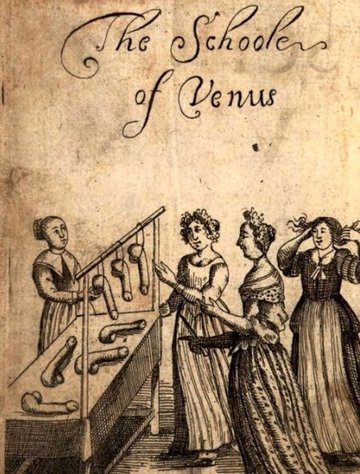
"To Madam S――― W――― None Madam can be a candidate with you for this dedication, ’tis your Lordship alone has passed all the forms, and classes in this School, what delights you give, and with what eagerness you perform your Fucking exercises is sufficiently known to the many have enjoyed you, for you Madam like the Supreame Powers have such a communicative goodness, as you scorn monopolizing your Cunt to a single keeper, but have generously refused no Man a kindness who desired it, having often been heard to say ’twas not in your nature to deny satisfaction to a standing Prick, and that ’twas not barely thrusting a Prick into a Cunt, but the well managing of a Fuck makes the Summum Bonum. Tell not me therefore of Messalina, what though she was enjoyed by Fourty or Fifty Men in a day, if your Ladyship could command as many bodies as you have had Pintles between your legs, you might lead as great an Army as Xerxes did into Greece, or if a Pyramide of those standing Tarses [cocks] your Cunt hath subdued were to be erected, I am confident it would exceed that Monument of Sculls erected, by the Persian Sophy in Spahaune, under your patronage therefore this Book comes abroad, and if it have your approbation I care not if other Ladies dislike it, Favourably therefore receive this Dedication from Madam Your Most Humble Servant."
The dedication in The School of Venus, or the ladies delight: Reduced into Rules of Practice (1680)
5 Comments
 Sara Read is a lecturer in English at Loughborough University and has published widely on the topic of reproduction and seventeenth century literature. In 2015 she brought out a book Maids, Wives, Widows: Exploring Early Modern Women’s Lives with Pen and Sword. Details available http://www.pen-and-sword.co.uk/Maids-Wives-Widows-Hardback/p/10534 For more fascinating posts like this one, pop over to the blog she co-edits, earlymodernmedicine.com You can follow her at @saralread  Rebecca Rideal is a writer, historian and former specialist factual TV producer, whose TV credits include Adventurers’ Guide to Britain, Bloody Tales of the Tower, and the triple Emmy award winning series David Attenborough’s First Life. She runs the online history magazine, The History Vault, and is currently studying for her PhD on Restoration London at UCL. Her first book 1666: Plague, War and Hellfire is published by John Murray and out in paperback on 23rd February 2017. You can follow her at @RebeccaRideal Masturbation: the solitary vice, self-pollution, Onanism was a subject of considerable interest to the Victorian medical establishment. Victorian medicine believed that a loss of semen was seriously injurious to health, and that a man must spill his 'essence' sparingly by avoiding fornication, masturbation, and by limiting sex within marriage. Numerous anti-masturbation devices were available to prevent ‘nocturnal emissions’, or to stop young boys interfering with themselves. Physicians are recorded as applying acids, needles and electric shocks to the penile shaft in an attempt to cure what was then known as ‘spermatorrhea’ (weakness caused by loss of semen.) Sparse diets were recommended to subdue lust, and purity crusaders, such as John Harvey Kellogg (1852-1943), manufactured plain cereals to suppress urges. Kellogg argued that masturbation could cause "cancer of the womb, urinary diseases, nocturnal emissions, impotence, epilepsy, insanity, and mental and physical debility’ (Kellogg, 1877). For further discussion on seminal weakness please read Come as you are: a history of seminal suicide in Kate's Journal.
This extract of the 1830 French text Le Livre Sans Titre graphically illustrates the withering effect of 'self pollution' on the body.  Kyra Cornelius Kramer is an author and researcher with undergraduate degrees in both biology and anthropology from the University of Kentucky, as well as a masters degree in medical anthropology from Southern Methodist University. Her work is published in several peer-reviewed journals, including The Historical Journal, Studies in Gothic Fiction, and Journal of Popular Romance Studies. She is also a regular contributor to Tudor Life Magazine, the magazine of the Tudor Society. Her books include Blood Will Tell: A medical explanation for the tyranny of Henry VIII, The Health of Henry VIII in a Nutshell, Edward VI in a Nutshell, and The Jezebel Effect: Why the slut shaming of famous queens still matters. Her newest book, Mansfield Parsonage, will be out on 28 January 2017. You can follow her at @KyraKramer "Victorian Fat Shaming: Harsh Words on Weight from the Nineteenth Century" by Mimi Matthews2/9/2017 Mimi Matthews writes both non-fiction history and traditional historical romances set in 19th century England. She is a member of Romance Writers of America, The Beau Monde, Savvy Authors, and English Historical Fiction Authors, and is currently represented by Serendipity Literary Agency in New York. Her articles on 19th century romance, literature, and history have been published on various academic and history sites, including the Victorian Web, and are also syndicated weekly at Bust Magazine.
In her other life, Mimi is an attorney with both a Juris Doctor and a Bachelor of Arts in English Literature. She resides in California with her family – which includes an Andalusian dressage horse, a Sheltie, and two Siamese cats. You can follow her at @MimiMatthewsEsq. “The facts of masochism are certainly among the most interesting in the domain of psychopathology.” With those words, Richard von Krafft-Ebing began the first attempt at explain the pathology of human sexuality he coined as ‘masochism’. Although common hyperboles add a sense of grandiosity to a text, it seems that Krafft-Ebing was being sincere in his estimation of masochism as being ‘among the most interesting’. After all, 80 out of 650 pages of the American edition of his most famous work, Psychopathia Sexualis, are devoted to the description and analysis of masochism. Only sexual inversion (i.e. same sex desire) takes up more space in an already massive tome. The subject of masochism was of clear interest for Krafft-Ebing, and in a way, became a crucial part of his legacy. If he is mentioned at all today, then it is usually in texts dealing with the issues relating to sadism and masochism.
|
Sex History ContentsIf you would like to submit an article, please fill out a submission on the Contact page Archives
September 2020
|
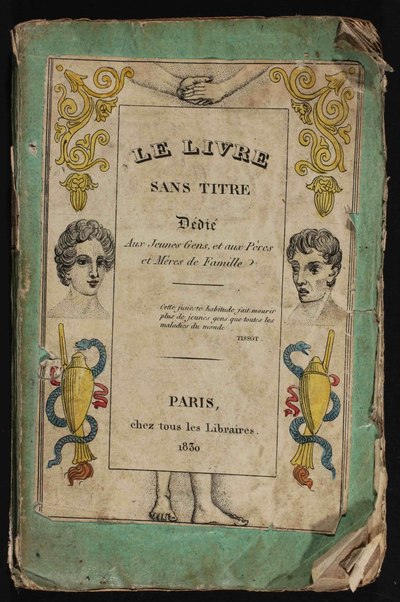
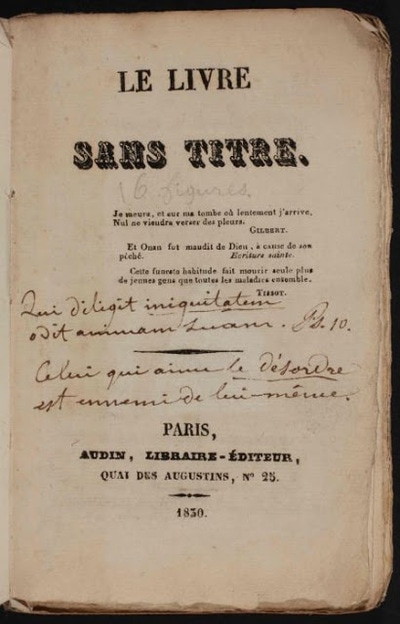

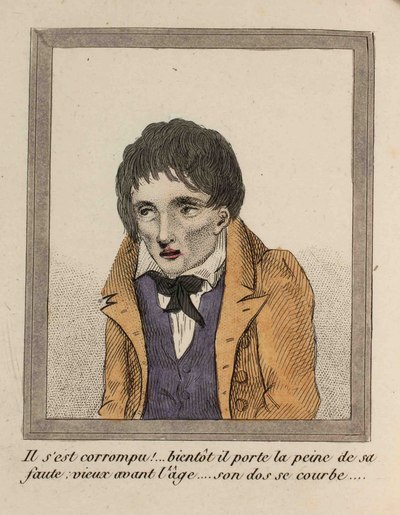
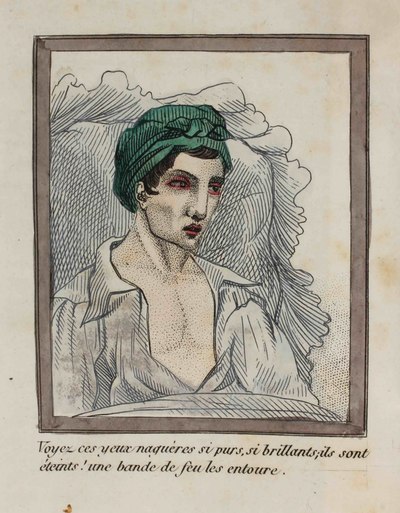
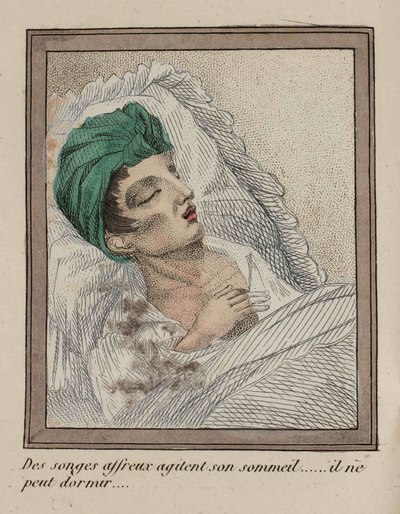
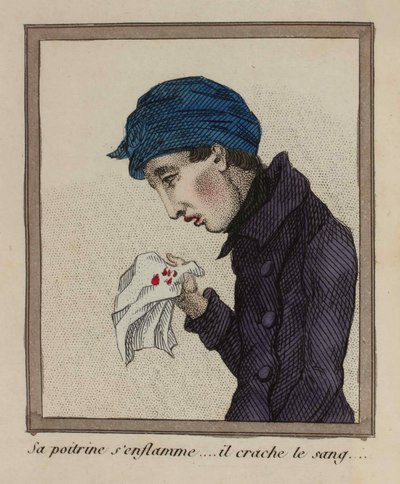
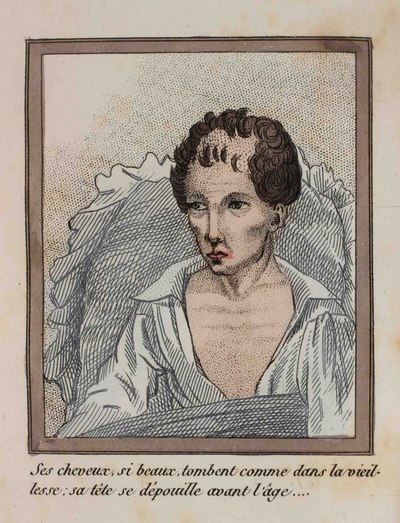
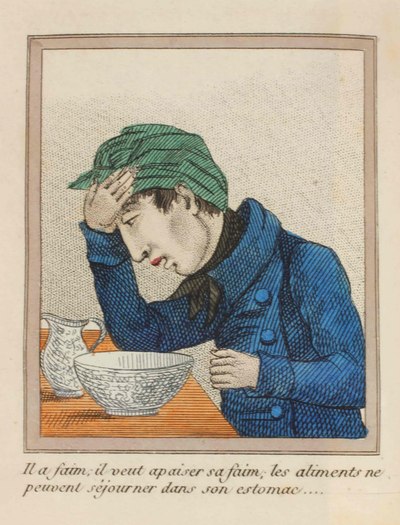
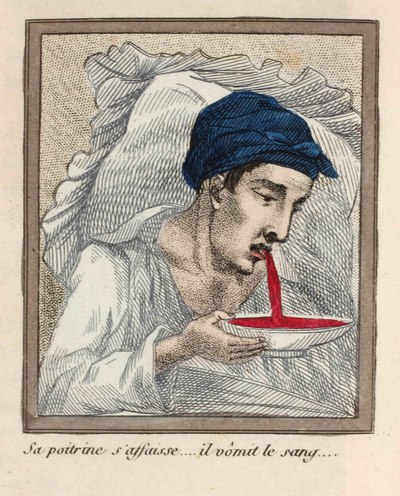
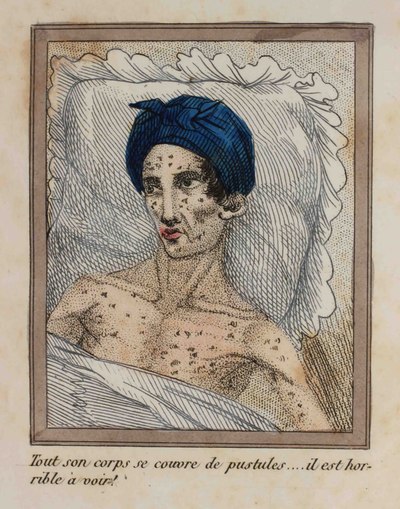
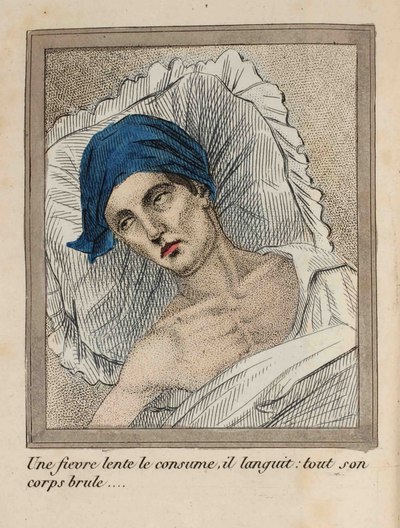
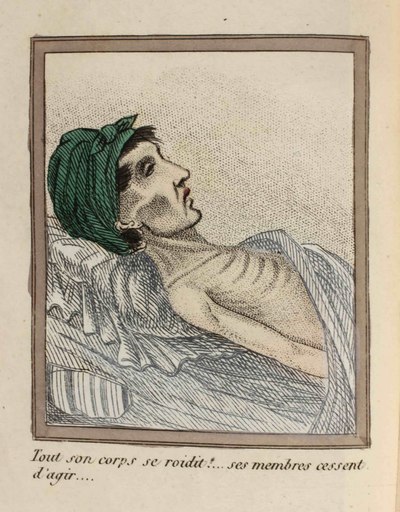
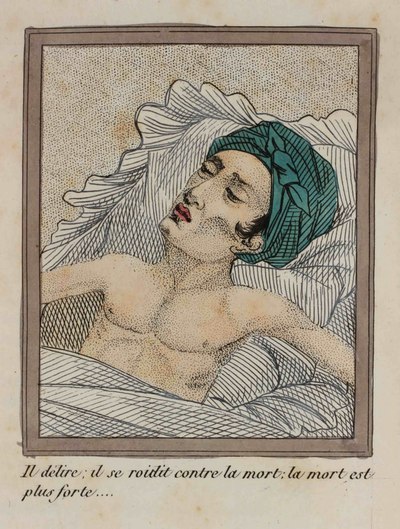
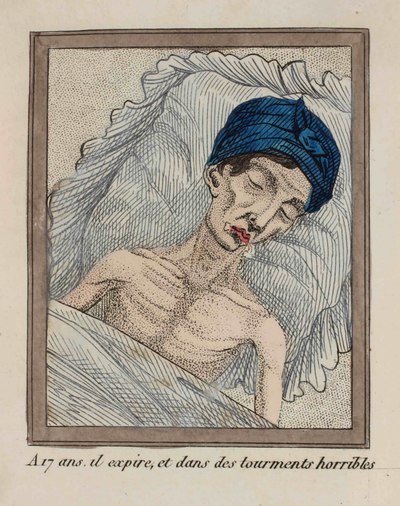
 RSS Feed
RSS Feed